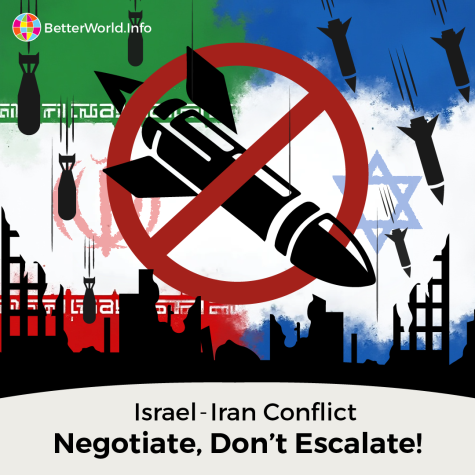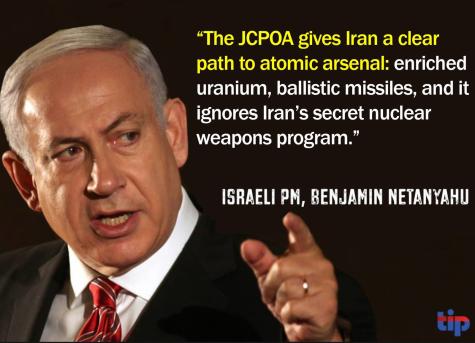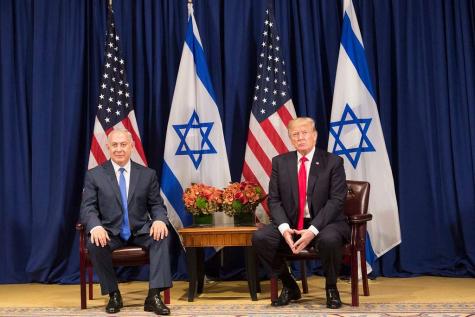ISRAELI STRIKES on IRAN

➡️ ISRAEL – IRAN War - Israel & USA Strike Iranian Nuclear Sites
On June 13, Israel launched a series of reckless airstrikes (Operation Rising Lion) on Iran's main nuclear enrichment sites in a blatant breach of international law.
It was a well-planned, sophisticated, and successful surprise attack against the military and nuclear leadership of Iran. Netanyahu claims the strikes were a "preemptive" move in response to the expansion of Iran's nuclear (weapons) program.
This constitutes a war of aggression in violation of international law, according to the U.N. Charter, Article 2(4): All Members shall refrain in their international relations from the threat or use of force against the territorial integrity or political independence of any state, or in any other manner inconsistent with the Purposes of the United Nations.
This unprovoked aggression came just days before the U.S. was due to commence diplomatic nuclear talks with Iran in Oman. Iran has vowed to retaliate with force in this devastating escalation of the wider war in the Middle East.
Jump straight to our resources on the ➡️ Israel & USA – Iran War
Explore our comprehensive guides on -
-
The War on Gaza
Please share this resource via Twitter, Bluesky, Facebook, Instagram, and LinkedIn!
The aim of the airstrikes was to target Iranian civilian nuclear facilities, military leadership, Iran's ballistic missile program, and Iran's leading nuclear scientists. Several residential areas were hit.
Israel used 200 fighter jets in the initial attack of around 100 targets. Natanz nuclear facility, one of Iran's key sites for uranium enrichment, was a key target. Other targeted cities were Tehran, Isfahan, Arak, Tabriz, and Kermanshah.
Iranian authorities have so far not detected any increased radiation levels at the nuclear enrichment site.
Why Did Israel Strike Iran?
The operation was a 'preemptive' attempt to coerce Iran to back down over the expansion of its nuclear program.
This was a game-changing event with Mossad assets operating within Iran. With Iranian air defenses destroyed and Hezbollah in Lebanon massively weakened, Iran's military options are now severely limited. While Netanyahu hopes for regime change in Iran, this appears highly unlikely. A more plausible outcome is continued widespread war and human suffering. And in the end likely a negotiated deal and the cessation of the planned Iranian nuclear program with 60% uranium enrichment.
Iran has threatened swift retaliation with its formidable arsenal of missiles and drones. A statement from Khamenei, Iran's supreme leader, vowed that Israel "must await a severe punishment". The airstrikes are another example of Israeli impunity and also serve as a distraction from the IDF's ➡️ onslaught on Gaza. Relentless bombing and their brutal starvation campaign have resulted in the death of well over 55,000 Palestinians.
Iran is not known to currently possess nuclear weapons and has signed the Non-Proliferation Treaty (NPT). However, the International Atomic Energy Agency (IAEA) ruled in the same week of the attack that Iran was, in fact, in violation of the NPT for failing to cooperate with their inspections and for stockpiling an estimated 400kg of enriched uranium – enough to produce nine nuclear warheads.
Equally secretive, Israel has neither denied nor acknowledged their own nuclear arsenal. ICAN estimates they have the material for up to 200 warheads, with an estimated 90 already in existence.

What Was the Iran Nuclear Deal?
In 2015, a deal was signed by Iran and several world powers, including the U.S., which restricted Iran's nuclear program in exchange for sanctions relief. The agreement, known as the Joint Comprehensive Plan of Action (JCPOA), led to Iran dismantling much of its nuclear program and permitting international inspections in their previously secretive program. The goal was to reduce tensions in the Middle East, particularly regarding Israel and Saudi Arabia.
In 2018, during his first presidency, Donald Trump withdrew the U.S. from the deal, claiming that it was ineffective in curtailing Iran's missile program and their growing international influence. Iran resumed its nuclear expansion program soon after.
The deadly drone attack on Qasem Soleimani in 2020, ordered by Trump, prompted further uranium stockpiling. Viewed as the second most powerful person in Iran at the time, this attack was a serious provocation.
In April 2025, the U.S. and Iran both agreed to return to the deal, but disagreed on the terms. The meetings were in their third stage and, according to Trump, were close to finalisation.

U.S. Military Involvement
Trump had apparently warned Israel not to attack while the U.S. was negotiating with Iran. He reportedly pushed Netanyahu for more time for diplomatic talks. The strikes, however, seem intended to destroy attempts at negotiations.
The United States was overtly involved in the planning of the attacks and failed to negotiate in good faith with Iran during the last two months. In anticipation of the strikes, the U.S. Air Force deployed an F-15 fighter aircraft to Jordan two weeks prior to intercept Iranian drones and cruise missiles if needed.
The U.S. and the IAEA undermined their credibility in the process. For those seeking additional insights, we highly recommend a recent video interview with the renowned analyst Scott Ritter.
In the event of Iranian retaliation, as Israel's main supporter, Trump declared that the U.S. would defend both his own country and Israel. Iran has cancelled the next round of talks in Oman.
Escalation into Wider War
As the rounds of attacks between the two heavily armed countries continue and intensify, 224 people have now been killed, including the new Iranian military leader Ali Shadmani, his predecessor was killed in the first wave of attacks.
The Pentagon will soon be deploying a second aircraft carrier and even more ships to the Middle East. Despite Trump originally saying the U.S. would not become involved, more signs are pointing towards a U.S. attack. On June 17, president Trump called for "Unconditional Surrender!". On June 22 - while the Europeans were negotiating with Iran - U.S. forces bombed Iran’s Fordow, Isfahan, Natanz civilian nuclear sites.
This U.S. attack is a blatant breach of international law and constitutes a war of aggression in violation of international law, according to the U.N. Charter, Article 2(4). The U.S. under Trump has lost all its credibility. Sadly, things will only get worse from here.
Author: Rachael Mellor, 15.06.25 (Updated 22.06.25) licensed under CC BY-SA 4.0
For further reading on the Israel-Iran War see below ⬇️